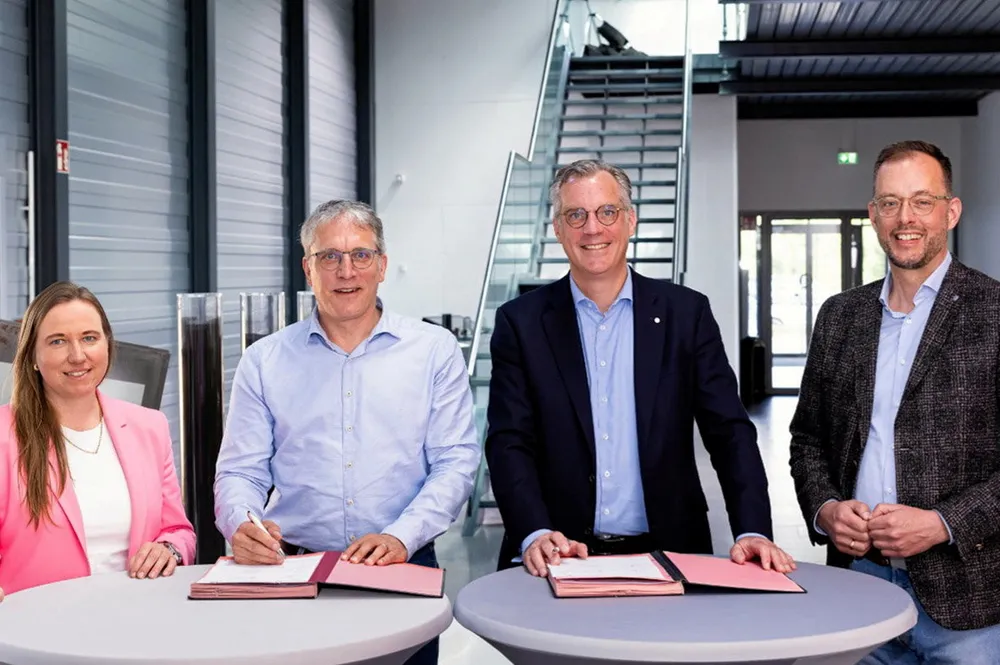Steelmaker Salzgitter agrees to buy green hydrogen supply from Uniper — but only if a 280km H2 pipeline is built
Provisional deal envisages 20,000 tonnes delivered from proposed 1GW plant in Wilhelmshaven

Provisional deal envisages 20,000 tonnes delivered from proposed 1GW plant in Wilhelmshaven
